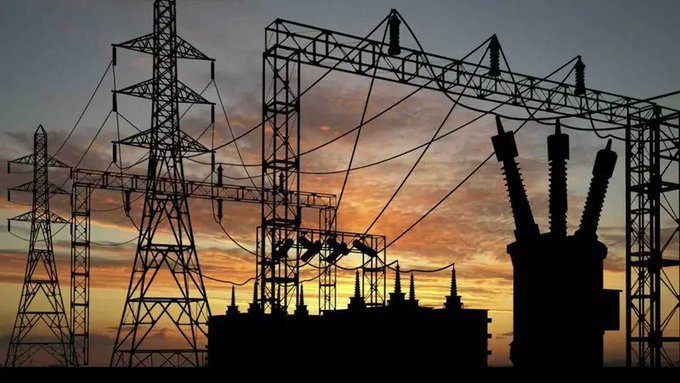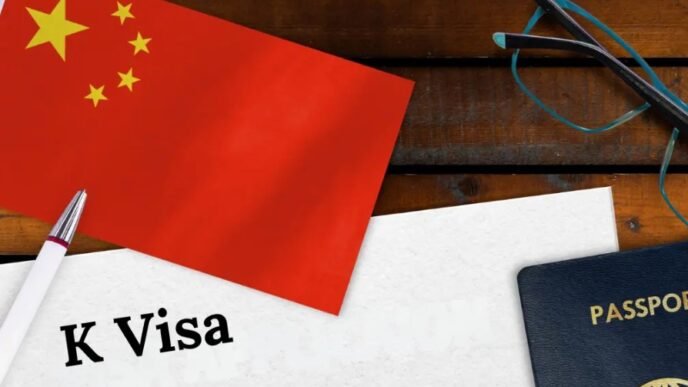September 29, 2025 | Abuja
Intelligence agencies from Niger, Mali, and Burkina Faso — member states of the Alliance of Sahel States (AES) — are reportedly preparing to expose senior Nigerian politicians alleged to be aiding armed bandit groups operating in the country’s North-West.
According to reports cited by security analyst Zagazola Makama, officials of the intelligence services in these countries disclosed that they are in possession of names of politicians suspected of providing assistance to the criminal gangs. The revelations, if made public, could spark a major political storm in Nigeria, where banditry has become one of the nation’s gravest security challenges.
The Allegations
Sources within the AES claim that investigations have linked certain Nigerian politicians to bandit leaders who have been terrorising rural communities across Kaduna, Zamfara, Katsina, Sokoto, Kebbi, and Niger States.
The allegations suggest that these politicians:
- Provided funding under the guise of peace deals and negotiations.
- Allowed diversion of funds meant for development or disarmament programs, which were allegedly used to procure arms.
- Facilitated safe havens and logistical support across the porous Nigeria–Niger border.
Reports say AES intelligence agencies are already tracking the flow of money and weapons between Nigerian politicians and the bandit groups.
Background: Banditry in Nigeria’s North-West
For nearly a decade, Nigeria’s North-West has faced relentless violence from heavily armed bandit gangs responsible for:
- Mass kidnappings for ransom, including of schoolchildren.
- Attacks on villages, leading to mass displacement.
- Cattle rustling, extortion, and targeted killings.
- Disruption of farming and economic activity, deepening food insecurity.
Efforts by the Nigerian government to address the crisis have included military offensives, peace accords, and negotiations with certain groups. However, many of these peace deals collapsed, amid accusations that they provided bandits with money and legitimacy, rather than solving the problem.
The Role of the AES
The Alliance of Sahel States, established in 2023 after the withdrawal of Mali, Burkina Faso, and Niger from ECOWAS, has become increasingly active in intelligence and security cooperation. The three military-led governments are seeking to tighten control of their territories and curb terrorism and cross-border crimes.
AES intelligence officers claim to have intercepted communications and arrested intermediaries linking Nigerian bandits to cross-border arms suppliers. Some of these suppliers reportedly operate in Nigerien territory, moving weapons into Nigeria’s North-West.
Potential Fallout in Nigeria
If AES agencies publish names of Nigerian politicians allegedly complicit in banditry, it would have significant implications:
- Political Earthquake: Accusations against sitting or former officeholders could destabilize political parties and governance structures.
- Legal and Security Risks: Those implicated could face investigations, arrests, or prosecutions — though proving such cases in Nigerian courts may be difficult.
- Public Anger: Nigerians, already frustrated with insecurity, may demand accountability, protests, or resignations.
- Diplomatic Tensions: Relations between Abuja and the AES capitals could strain if Nigeria perceives the revelations as external interference in its politics.
Nigeria’s Position
So far, the Nigerian government has not officially responded to the AES claims. However, security officials in Abuja are likely to face pressure to open domestic investigations if the names are released.
Past efforts by Nigeria’s security services have occasionally hinted at political sponsorship of banditry, but few high-level arrests have been made. Critics argue that political interference, corruption, and weak justice systems have allowed sponsors of violence to act with impunity.
International Context
The allegations also highlight the transnational nature of banditry and insecurity in West Africa:
- Weapons flow from Libya through Niger and Mali into Nigeria.
- Bandits sometimes collaborate with extremist groups like ISWAP or Jama’at Nasr al-Islam wal Muslimin (JNIM), blurring the line between banditry and terrorism.
- Refugees and internally displaced persons (IDPs) are crossing borders in large numbers, worsening humanitarian crises.
By taking the lead in exposing alleged sponsors, AES governments may be attempting to show stronger commitment to fighting insecurity — while also asserting independence from ECOWAS and Western influence.
Possible Next Steps
- Public Exposure: If AES agencies publish a list, Nigeria’s government will come under immense pressure to act.
- Joint Operations: There may be calls for joint border patrols and intelligence sharing between Nigeria and AES states.
- Political Repercussions: Opposition parties could use the allegations to challenge ruling elites, ahead of Nigeria’s 2027 elections.
- International Attention: The revelations could draw interest from organizations such as the United Nations, African Union, and Interpol, especially if arms trafficking is confirmed.
Conclusion
The reported investigations by Niger, Mali, and Burkina Faso into alleged Nigerian political sponsorship of banditry mark a potentially explosive development in West African security dynamics.
While the allegations remain unverified at the official level, the mere prospect of exposing high-profile Nigerian politicians has already sparked public debate. If confirmed, the revelations could reshape Nigeria’s fight against insecurity — forcing long-avoided questions about who really benefits from the bandit economy.
For millions of Nigerians enduring daily attacks, kidnappings, and displacement, the hope is that such investigations will not only expose sponsors but also help dismantle the networks enabling armed violence across borders.














